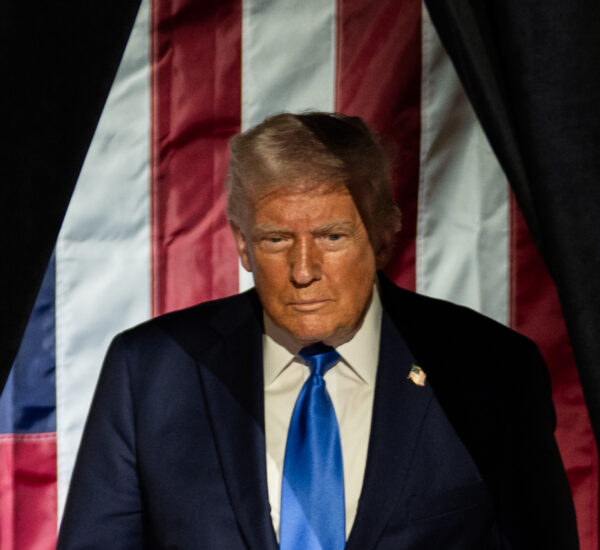Meet Trump’s New NATO Ambassador
President-elect Trump has made a bold move by naming Matthew Whitaker, his former acting attorney general, as the next U.S. ambassador to NATO. Whitaker’s appointment comes at a critical time, with Russia’s ongoing invasion of Ukraine and growing concerns about defense spending within the NATO alliance. As NATO faces these challenges, the U.S. needs a strong and assertive voice, and Trump believes Whitaker is the right man for the job.
In his statement, President Trump praised Whitaker as a “strong warrior and loyal patriot” who will defend American interests abroad. Trump emphasized Whitaker’s commitment to strengthening ties with NATO allies and standing firm against threats to global peace and security. “I have full confidence in Matt’s ability to represent the United States with strength, integrity, and unwavering dedication,” Trump said.
Whitaker’s qualifications are rooted in his extensive experience in law and government. He served as acting attorney general for three months during Trump’s first term, following the resignation of Jeff Sessions. Before that, Whitaker was U.S. Attorney for the Southern District of Iowa under President George W. Bush. He also worked in private practice and as a political consultant, all while earning three degrees from the University of Iowa.
While Whitaker’s tenure as acting attorney general was marked by controversy—particularly his stance on the Mueller investigation—his loyalty to Trump and his commitment to America’s legal and national security frameworks remain clear. He faced criticism for not recusing himself from oversight of the Russia probe, but a career ethics official ultimately cleared him of a conflict of interest, though concerns about his impartiality lingered.
Reaction to Whitaker’s nomination has been mixed. Republicans like Sen. Rand Paul (R-Ky.) have expressed support, praising his credentials, while Sen. Pete Ricketts (R-Neb.) has said he looks forward to discussing Whitaker’s plans. Key issues for Republicans in NATO discussions include holding European allies accountable for their defense spending commitments—something Trump has criticized in the past. It’s crucial that NATO countries meet their pledge to spend 2% of their GDP on defense, a target expected to be met by 23 of the 31 NATO members this year.
While Democrats have raised concerns over Whitaker’s foreign policy experience, Republicans are optimistic about his potential to steer NATO in a stronger direction, ensuring that the U.S. remains a dominant force in the alliance. Trump’s broader vision includes a commitment to end the war in Ukraine, and Whitaker’s role will be pivotal in securing NATO’s cooperation, all while pushing European nations to fulfill their financial obligations.
If confirmed, Whitaker will join a strong team of national security and foreign policy appointments, including Sen. Marco Rubio as Secretary of State and Rep. Mike Waltz as National Security Adviser. Trump’s strategic choices reflect his America-first foreign policy approach, aiming to ensure global peace while demanding that allies share the responsibility for defense.





